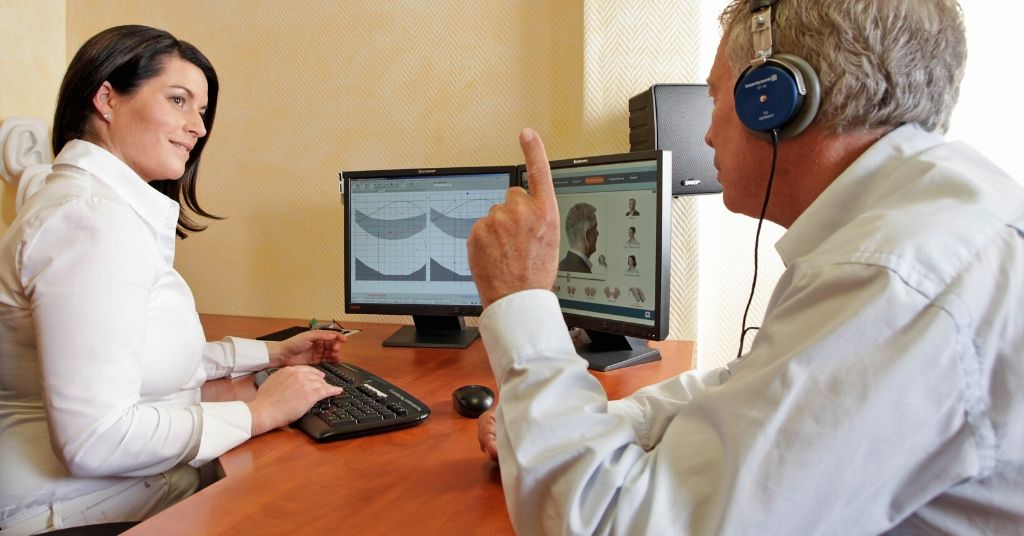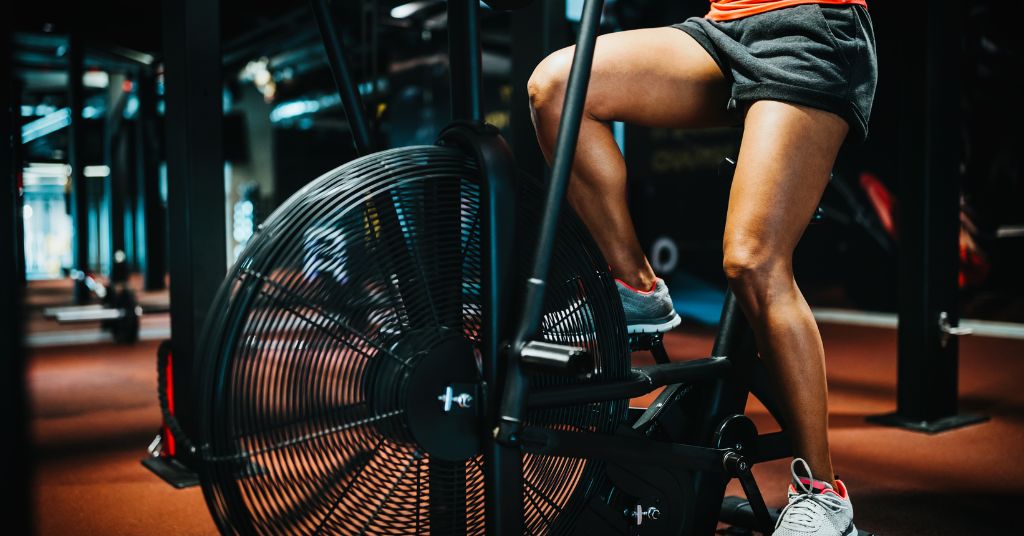
What is Sensorineural Hearing Loss?
November 24, 2015
The Minefield of Hearing-Related Terminology
November 30, 2015Health and Hearing — A Way of Eating (Part II)

In “Health and Hearing (Part I)” I talked about my journey in finding a reason for his hearing loss and his path for self healing with alternative medicine…
I wanted to know why I had lost my hearing and what – if anything – I could do about it. I was willing to go wherever it took me. Like most people, I depended on conventional western medical diagnoses, treatments and therapies for my health needs. So I had no idea where to go if not there. I was hardly in perfect health, but at 29 there were enough physical tics to suggest a look under the hood wasn’t a bad idea. I wanted to find an alternative path to health and wellness… something outside the box.
I was connected to a group of fellow travelers – many with serious ailments of their own – who turned me on to an astounding array of things to try. Acupuncture, spinal and TMJ adjustments and bite plates, colonic irrigations, meditation, massage, yoga, tai chi and an overwhelming variety of magic foods, supplements, drinks, etc. I jumped in with a vengeance at a sizable cost, as insurance companies weren’t covering much outside the conventional medical box. Naïve to be sure, but I held out hope that one day, with the next chiropractic adjustment, colon cleanse, hour of meditation, or fruit smoothie my hearing would literally click back into place like turning on a light switch. So I was diligent. Fanatical. And though that did not happen, something else did.
I was feeling better, consistently stronger and mentally sharper. However, I could not tell which of those things were making me feel this way, as I had lost count of all the things I was doing. Clearly, in their own way, each change was balancing my health and giving me some input and control. My often-muddy hearing was settling down, and I was having moments of greater hearing clarity. At last, I had found a direction, and the notion of “self care” or rudiments of it triggered another shift in me. I began to accept that if I could not get my hearing back completely, I might be able to take what “ability” I had to hear and enhance it, strengthen it, sustain it and manage it better. And perhaps with the upward trajectory in my overall health, who knows what would happen. Like a dog on a bone I wouldn’t let go. I had learned enough to believe that diet might just be the “floor to the house” I was building. I believed it might help me tie together the loose ends of my new health regime, so I could employ a daily practice that over time might show results. If eating was something I had to do several times a day, it made sense that it might have a profound long-term effect. But what diet? Back to the drawing board. In the early ’80s Americans were still in the thrall of the “Four Food Groups” which gave way to the “Food Guide Pyramid,” a much maligned and controversial set of principles that came out of the US Department of Agriculture and earned the imprimatur of America’s dietetic and nutrition communities. I believed, however, that diet was more profound than the sum total of colors or nutrients, which we were being advised to consume. What about the role food might play in the cause, treatment and resolution of illness and hearing loss? My timing was good. The ‘80s sat at the cusp of a revolution in thinking about diet and health, and the introduction of Eastern thought and medicine into the conversation. Today if you Google “Hearing Loss and Diet,” you will still find the usual suspects, general bromides, many of them with the rejoinder that “more study is needed.” Here are some recent examples:
“…people who consumed better quality calories had better hearing….researchers found the potential effects of healthy eating on the auditory system require additional evaluation in prospective studies…..” – Audiology Online
There are suggestions that low levels of certain nutrients and/or high levels of others, along with antioxidants might positively and/or negatively affect hearing. There is little disagreement that a “high quality diet” is optimum for general good health and perhaps by extension for hearing. But what’s a high quality diet?
“Omega-3s could potentially help maintain a healthy vascular supply to the cochlea, thereby preventing age-related hearing loss…and it’s possible that folate can, too, but more research is needed.”- Eating Well “Hearing Loss Causes: Not Enough Folate In Your Diet”- Healthy Hearing Ginkgo Biloba has been touted as helping improve circulation to the ears, but then again so do any number of nutrients. – WebMD “For optimum hearing add these five nutrients” Zinc, Omega 3’s, Vitamin A, N-Acetyl Cysteine, Reservatrol.”- Institute for Natural Healing
All of these might be true, but where do you begin and why must you go through a lifetime of trial and error to find what works? With 34 years on the hunt, perhaps I can spare you some tread wear. First a disclaimer: I am not a doctor, nor do I play one on TV. I did however, once play a food scientist in an educational video for a local college. You’ve been advised. In 1983 I landed in Boston at the Kushi Institute, where I met one of my first teachers, Michio Kushi, and received a series of diagnoses that gave me unique insights into my health history, among them, the potential underlying dietary influences. For the first time, I heard about a “way of eating” about “energies” and “pathways” in and through the body’s organ systems. I studied Zen macrobiotic dietary theory and cooking techniques, and gave myself kidney and ear compresses, ginger wraps and engaged in other unique practices in self-care. I learned alongside others searching for some resolution to their own health crises. In 1984 I went to work for Eden Foods, one of the first natural food companies in the US and importers of traditional foods, the same foods I started eating at the Kushi Institute. I spent the next seven years on the road selling products and educating retailers and the public about these foods and the philosophies from which they derived. I began dabbling in broader Zen theory as well as Traditional Chinese Medicine and Ayurveda and found many parallels to what I was learning in Macrobiotics. I studied with Annemarie Colbin at her Natural Gourmet Cookery School in NY where I was able to improve my cooking skills and expand my understanding of the medicinal properties of food and food preparation. I had found my unifying principles – really a “science of life” not just about foods and diet. What did I learn about the connections between diet, health and hearing? For starters:
There is no one diet, one food, one supplement that supports health or hearing. Many health practices and an appropriate way of eating can support your health and by extension your hearing.
All foods have “medicinal properties” that can be altered through cooking and preparation and employed for a variety of purposes.
Foods can be classified according to their effects not just their nutrients.
Cooking matters.
Which foods? Which practices?
No one size or food fits all. But here is what I have experienced since I made changes in my own health practices.
- The quality of my hearing has been much improved and consistent for decades. My audiogram hasn’t budged in 34 years, meaning the damage remains, but also my hearing has not fallen off. My comprehension improves with new hearing aids and listening exercises.
- I find that all of these practices help me maintain some overall balance in both my health and my hearing. I have less ear pain, fewer colds, stuffiness and sinus issues many of which preceded my original hearing loss.
- I am hyper aware and can tell when there is even the slightest change in my hearing, but now know it might be from a number of causes including weather, colds, allergies, noise, medications and most especially dietary issues. And yes I still get freaked out if there are changes.
- Even with my hearing loss I am returning to a career in music. I attribute that to being able to maintain my hearing quality and abilities over many decades as well as to new hearing technology, hearing rehabilitation and vocal work.
Finally, yes, I believe in a long-term and appropriate way of eating, along with other health practices, support better hearing.
If you’re interested in starting your own self-care journey…
- Tell your doctor what you’re doing. Look for Integrative Medicine Centers that often employ many of the techniques that I have written about here. We live in a different time and many doctors now expect their patients to get more involved in their care. Read and dabble.
- Consider getting a diagnosis from a few non-traditional doctors or practitioners – for research and comparison sake. Take medicinal cooking classes. Ask a lot of questions. Stay with it for the long-term.
- And consider these two items: The Nobel Prize in Medicine this year has been given to a researcher using Traditional Chinese Medicine to develop a powerful anti-malarial drug. And since 2012, students at Tulane University School of Medicine have been learning how to cook at the country’s first med school affiliate teaching kitchen and first to count a chef as a full-time instructor.
It’s a brand new world. I am happy to answer your questions and if you’ve discovered something I haven’t mentioned on this topic, please share it with me in the comments. Happy hunting.



